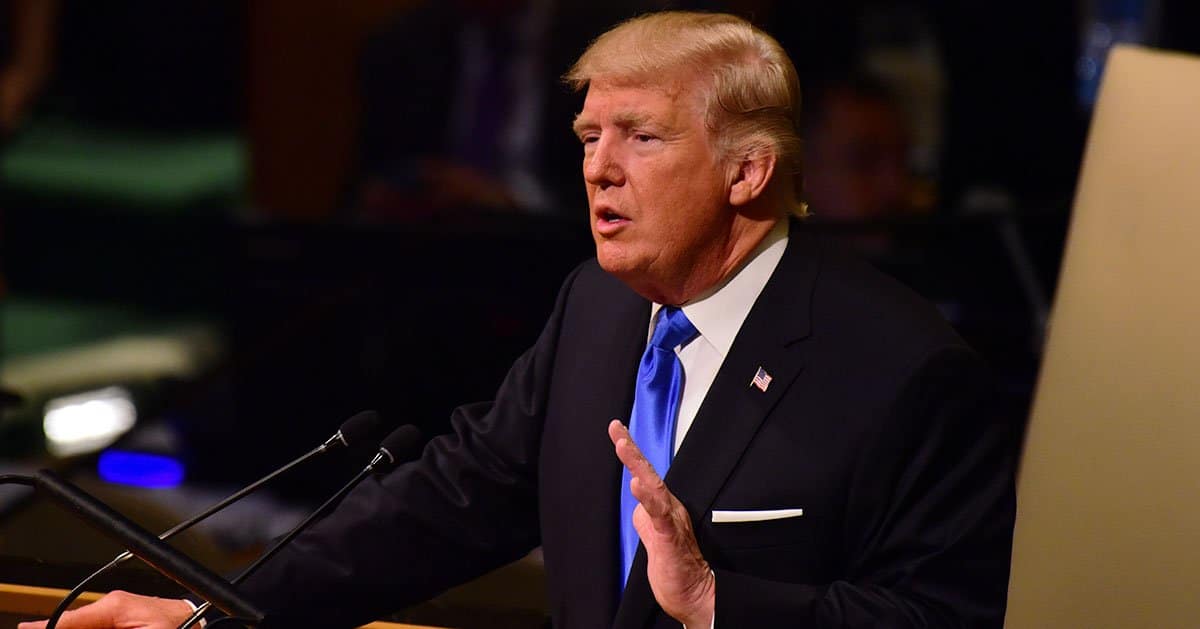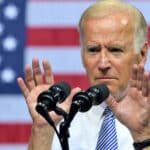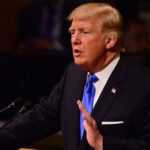




The trial of Steve Bannon, linked to the controversial “We Build The Wall” campaign, has been deferred to February following new revelations in court.
The Associated Press reported that Steve Bannon will face trial in February for his alleged role in the "We Build The Wall" fundraising scam.
Originally scheduled for next month, the trial was postponed as prosecutors introduced new evidence about Bannon's early doubts and financial ties to the project. This decision was made during a recent court appearance where new details emerged.
Bannon, who has maintained his innocence, faces charges of conspiracy and money laundering. The charges relate to a campaign that started in 2018, aimed at raising funds for border wall construction, which collected over $20 million.
Prosecutors highlighted Bannon's skepticism in the early stages of the project. An email from Bannon questioned the feasibility of the campaign, reflecting his concerns about the financial management and the overall viability of building the wall.
Despite his initial hesitation, Bannon later chaired the advisory board for the charity. He recognized a financial opportunity for his nonprofit organization, Citizens of the American Republic (COAR), prosecutors allege.
The involvement of Bannon's nonprofit became more significant as funds from the campaign were transferred to COAR, and these transactions are now central to the state's case against him.
Additional evidence presented by prosecutors indicates that around $140,000 of the funds raised was funneled to Brian Kolfage, a co-conspirator, through Bannon's nonprofit. This transaction, among others, is a key focus of the charges against Bannon.
Kolfage, who has already admitted in federal court to misusing campaign funds, is cited as a significant figure in the scheme, with large sums of money directed to his personal use.
The transactions with American Express, which involved significant sums transferred from WeBuildTheWall to COAR, will also be scrutinized during the trial.
Jury selection, initially planned for early December, has now been rescheduled to commence on February 25. This change provides both the defense and prosecution more time to prepare their cases.
Bannon's defense argues that the financial arrangements were legitimate, claiming COAR was justifiably compensated for its involvement in the project. John Carman, Bannon's lawyer, emphasized that the expenses billed to COAR’s American Express card were legitimate and related to the nonprofit’s work.
Prosecutors, however, contend that these transactions benefitted Bannon personally and were part of a broader scheme to misappropriate funds. Jeffrey Levinson, leading the prosecution, pointed out Bannon's initial reservations about the fundraiser's legitimacy and his subsequent financial benefit from the arrangement.
Manhattan Judge April Newbauer, overseeing the case, has ruled that evidence concerning the American Express transactions can be presented at trial, dismissing relevance concerns raised by the defense.
The trial will prominently feature financial records and transaction details, with both sides expected to present extensive evidence on the flow of funds.
As the trial date approaches, both the defense and prosecution are preparing to make their case, which will likely hinge on the intricate details of financial transactions and the intent behind them.
As Bannon confirmed his understanding of the new trial date during the virtual court hearing, the upcoming trial is set to be a pivotal moment in this high-profile case.
The court will examine the complex web of financial dealings and the extent of Bannon’s involvement in the "We Build The Wall" campaign. With the trial now set for February, all eyes will be on how this case unfolds and its implications for Bannon and his associates.



